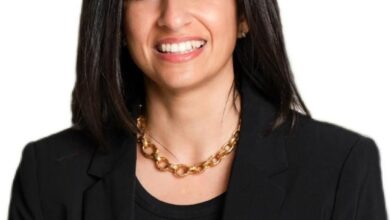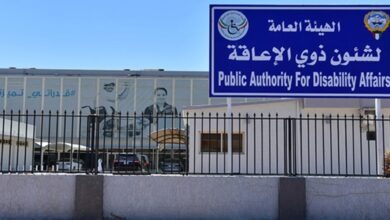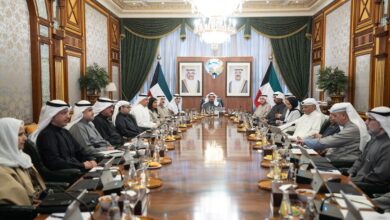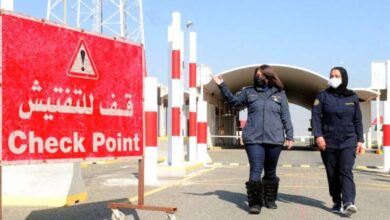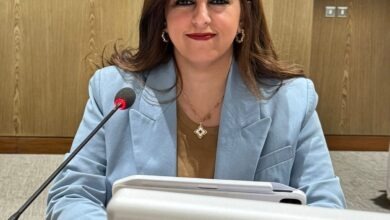A passion for helping others, a desire to effect positive change
This week in our ongoing series on Women in Diplomacy we speak with Mia Al Adem, chargé d'affaires of the Embassy of Lebanon to the state of Kuwait about her inspiration to join the diplomatic service, the challenges she encountered as a female diplomat, and how gender affects diplomatic approaches, as well as the tangible impact she has made through her work as a diplomat.
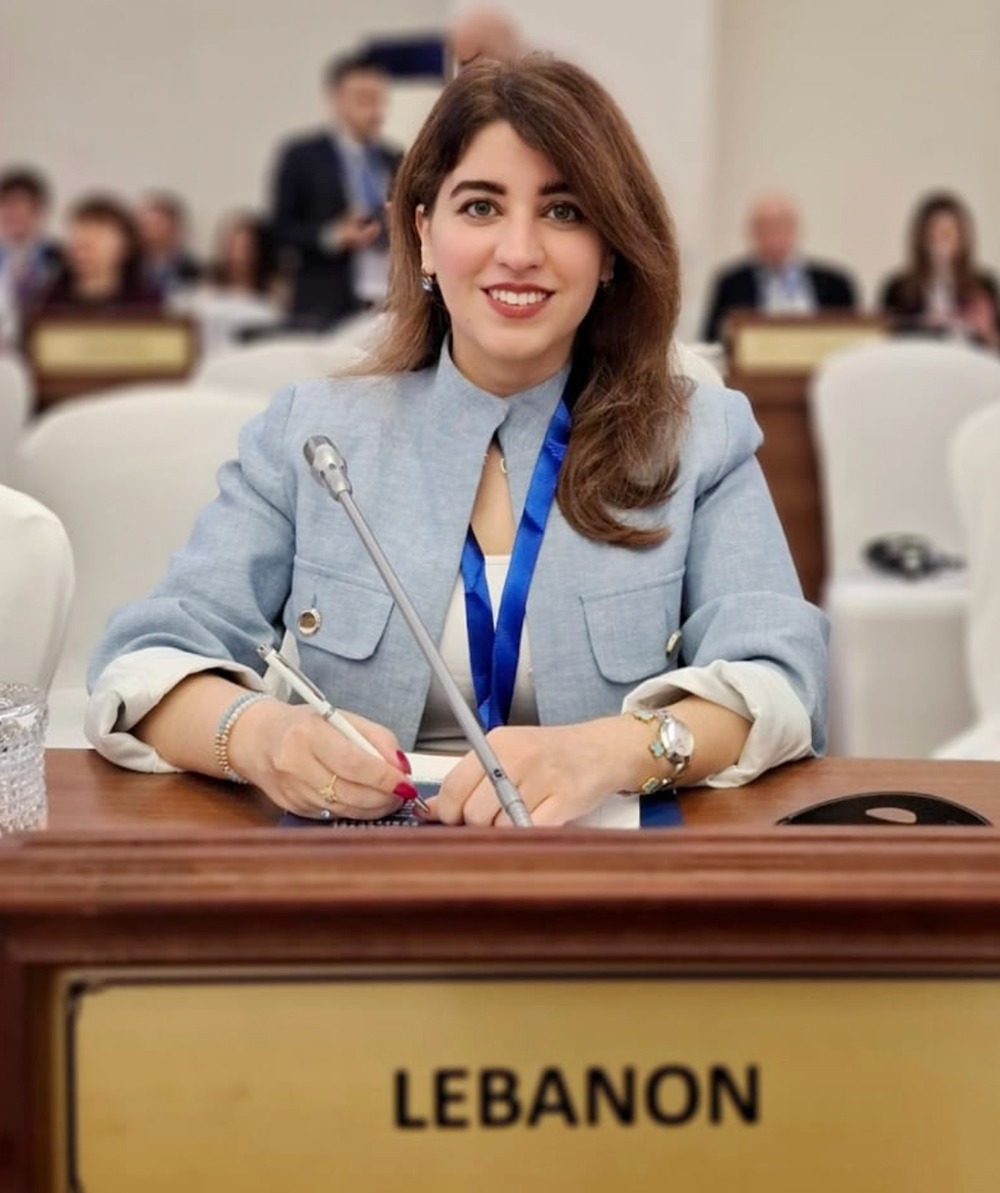
The Times Kuwait Report
What inspired you to work in the diplomatic field?
After graduating with honors and distinction in law, I pursued a Master’s Degree in private law. I then began practicing law as attorney, representing my clients and defending their rights with honor in court. However, my professional ambition to achieve a broader impact through my work, as well as my love of public affairs, and desire to explore different cultures, motivated me to apply for and successfully pass the entrance exam for the diplomatic corps at the Lebanese Ministry of Foreign Affairs and Emigrants.
The transition from law to diplomacy meant a lot to me. Although they are similar in essence and mission—in terms of striving to achieve justice, serve society, and preserve human dignity through representation, communication, negotiation, and persuasion—they differ in the scope of their work and representation.
My work as a Lebanese diplomat in Kuwait, as Consul and Deputy Ambassador, as well as chargé d’affaires combines a passion for helping others and a desire to effect positive change. It allows me the opportunity to directly serve my country, enhance its image and prestigious status, and strive to consolidate historical relations and ties at all levels, developing cooperation with other countries, as well as protecting the interests of Lebanese citizens, upholding their rights, and providing them with assistance in various circumstances.
What challenges have you faced as a female diplomat, and how have you overcome them?
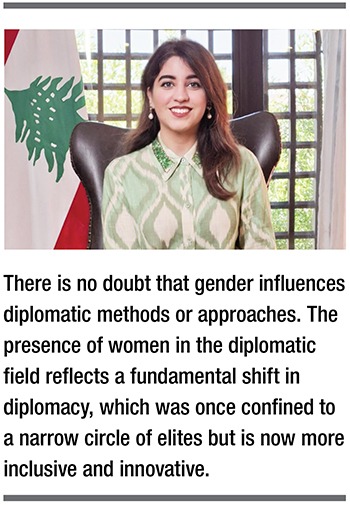 The challenges I have faced in diplomatic life are not unique to female envoys specifically, but rather challenges faced by diplomats in general on account of the nature of their work. Diplomatic life requires one to travel a lot, reside abroad away from friends and relatives, and the need to find a balance between personal and professional life while representing your country abroad.
The challenges I have faced in diplomatic life are not unique to female envoys specifically, but rather challenges faced by diplomats in general on account of the nature of their work. Diplomatic life requires one to travel a lot, reside abroad away from friends and relatives, and the need to find a balance between personal and professional life while representing your country abroad.
All of these challenges are common to both male and female diplomats, and generally, they can be overcome with perseverance, commitment, a strong will, hard work, flexibility, and cooperation. Everyone faces difficulties at work, but everyone is also capable of making a difference, whether woman or man. Nothing is impossible; it is our courage to overcome the obstacles we face that defines us, not the obstacles themselves.
How do you think gender affects diplomatic methods or approaches?
There is no doubt that gender influences diplomatic methods or approaches. The presence of women in the diplomatic field reflects a fundamental shift in diplomacy, which was once confined to a narrow circle of elites but is now more inclusive and innovative. Gender is not merely a matter of justice, but rather a strategic necessity for achieving peace and sustainable development through women’s participation in negotiations, mediation, and conflict resolution efforts. It also contributes to enhancing the diversity of diplomatic dialogue, representing the interests of various segments of society, and imparting a more balanced character to decisions made, whether at the local, regional or international scales, or at the bilateral or multilateral level.
In this context, it is important to note that the recent diplomatic appointments in Lebanon, approved in June of this year, included a significant number of women ambassadors, achieving a percentage of 24 percent, surpassing the global average.
In addition, the last batch of diplomats to join the Lebanese Ministry of Foreign Affairs and Emigrants in 2019, to which I belong, was composed of 72 percent women.
This female participation in diplomacy is a confirmation of the important role of Lebanese women in diplomatic work and an additional tribute to their distinguished abilities and competence. Day after day, women diplomats demonstrate their strong presence through their intelligence, activism, struggle, and commitment to representing their country, strengthening its relations, and defending its causes in regional and international scene.
Can you share a moment when you felt you made a tangible impact through your diplomatic work?
So far I have only served two years as a diplomat in Kuwait, but even this short period has been a rich experience marked by several moving moments. Lebanon has suffered many crises in recent years. Therefore, every step I take and every effort I expend in my consular and diplomatic work is bound to have a positive impact on the conditions and interests of Lebanese citizens in Kuwait and strengthen Lebanon’s standing abroad.
Here, I must recall my contribution, alongside the then Chargé d’Affaires of the Lebanese Embassy, His Excellency Ahmed Arafa, in launching the Lebanese Embassy’s campaign under the slogan ‘Kuwait Needs Your Safety’. The campaign aimed to help people in Lebanon, who were suffering as a result of the Israeli aggression in 2024, with donation of medicines and medical supplies.
This humanitarian campaign left a deep impression on me, as it demonstrated the highest values of solidarity, giving, team spirit, and national unity demonstrated by the Lebanese community, along with the participation of other communities in Kuwait and Kuwaiti society in general. The Lebanese Embassy in Kuwait was able to collect 32 tons of aid within three days, which was sent to Lebanon to support Lebanese families in their ordeal. We hope it made a difference and spread hope and positivity among them.
What leadership qualities do you believe are essential for success in this field?
Leadership in the diplomatic field requires a set of specialized qualities and skills to effectively represent one’s country and negotiate successfully with various parties. These qualities include integrity, ethics, and honesty, a clear vision, the ability to communicate effectively by clearly expressing ideas and listening attentively to others, and the flexibility and ability to integrate and adapt to changes and different circumstances.
In addition to these qualities, working in the diplomatic field requires confident decision-making and initiative, along with a thorough grasp of various data and careful analysis. It also requires constant monitoring of international developments to deeply understand issues and determine the most appropriate ways to address them.
What advice would you give to any young woman who wants to join the diplomatic corps?
Briefly, I would remind them that ‘everything great begins with a dream’. Be yourself and always remember, you have within you the strength, the patience, and the passion to reach for the stars, aim high and make a lasting impact.







